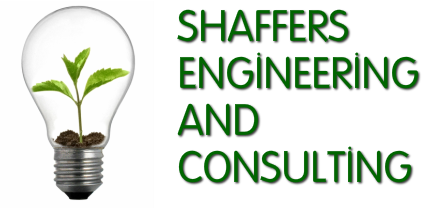Wastewater Ponds
Course Number:
Discipline: Wastewater
Course Approval:
CEU's Assigned: 0.6 (Idaho)
Course Description: Located here
Drinking water systems, whether the source is surface water or ground water, consist of many components that ensure the water produced is safe and of sufficient quantity. This introductory class introduces the drinking water operator to the basic components of a water system that are inside, and outside of a wellhouse/booster pump house (minus pressure storage). These components consist of mechanical devices (valves, vents, gauges, etc.), systems (chemical delivery, data collection, water security, etc.), operations (response to chemical spills, corrosion prevention and remediation, well water level measurement, etc.), and design. The depth of the class approaches an intermediate level as operators express an interest certain areas, and the material in those areas are more fully developed. For example, more time may be spent on well water measurement, noise reduction, and valves than in the other areas if operators in the class express an interest in those areas.
This class is not a detailed class on any individual component, such as pumps or meters. There are other, more detailed classes on these individual components.
Discipline: Wastewater
Course Approval:
CEU's Assigned: 0.6 (Idaho)
Course Description: Located here
Drinking water systems, whether the source is surface water or ground water, consist of many components that ensure the water produced is safe and of sufficient quantity. This introductory class introduces the drinking water operator to the basic components of a water system that are inside, and outside of a wellhouse/booster pump house (minus pressure storage). These components consist of mechanical devices (valves, vents, gauges, etc.), systems (chemical delivery, data collection, water security, etc.), operations (response to chemical spills, corrosion prevention and remediation, well water level measurement, etc.), and design. The depth of the class approaches an intermediate level as operators express an interest certain areas, and the material in those areas are more fully developed. For example, more time may be spent on well water measurement, noise reduction, and valves than in the other areas if operators in the class express an interest in those areas.
This class is not a detailed class on any individual component, such as pumps or meters. There are other, more detailed classes on these individual components.
